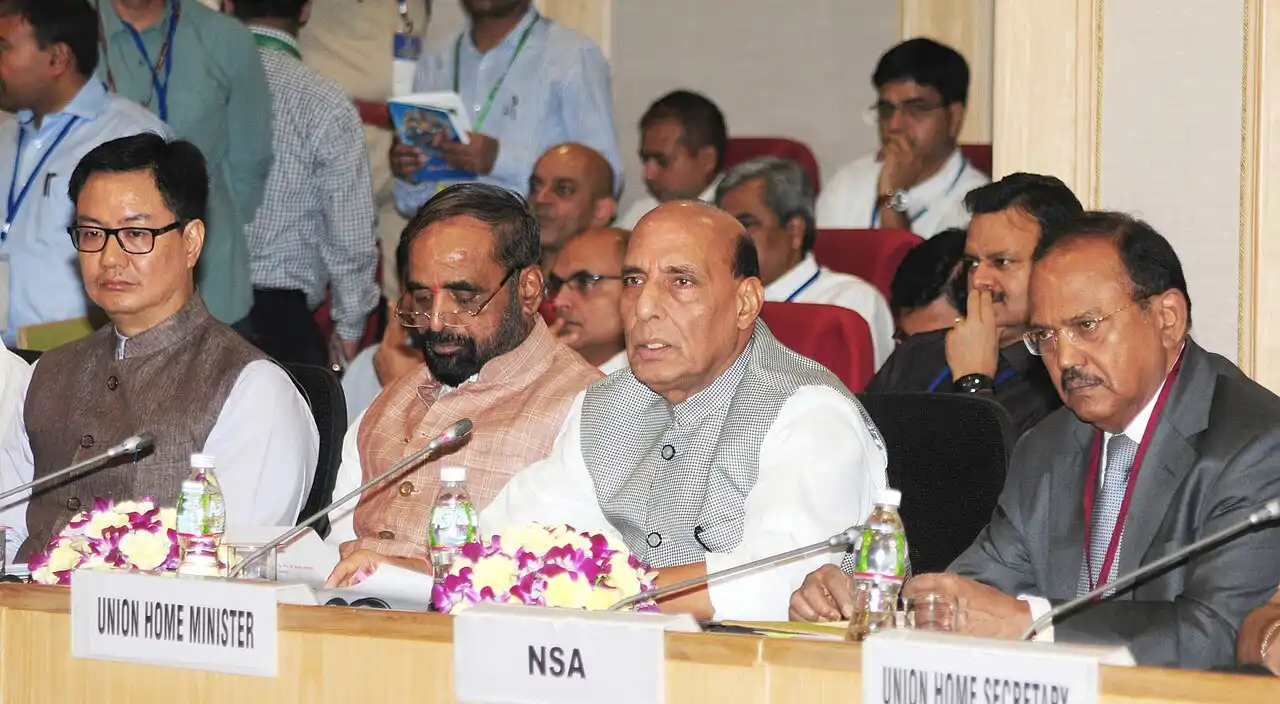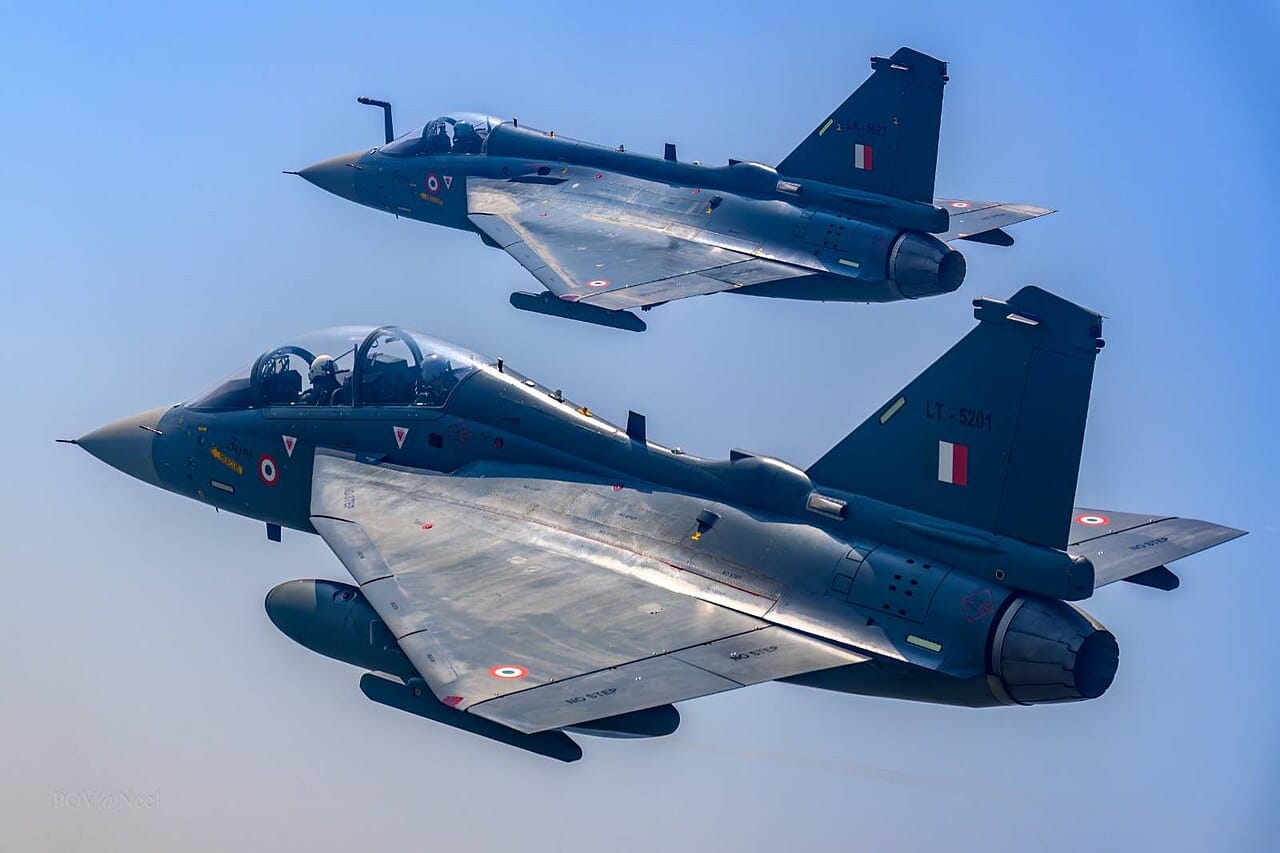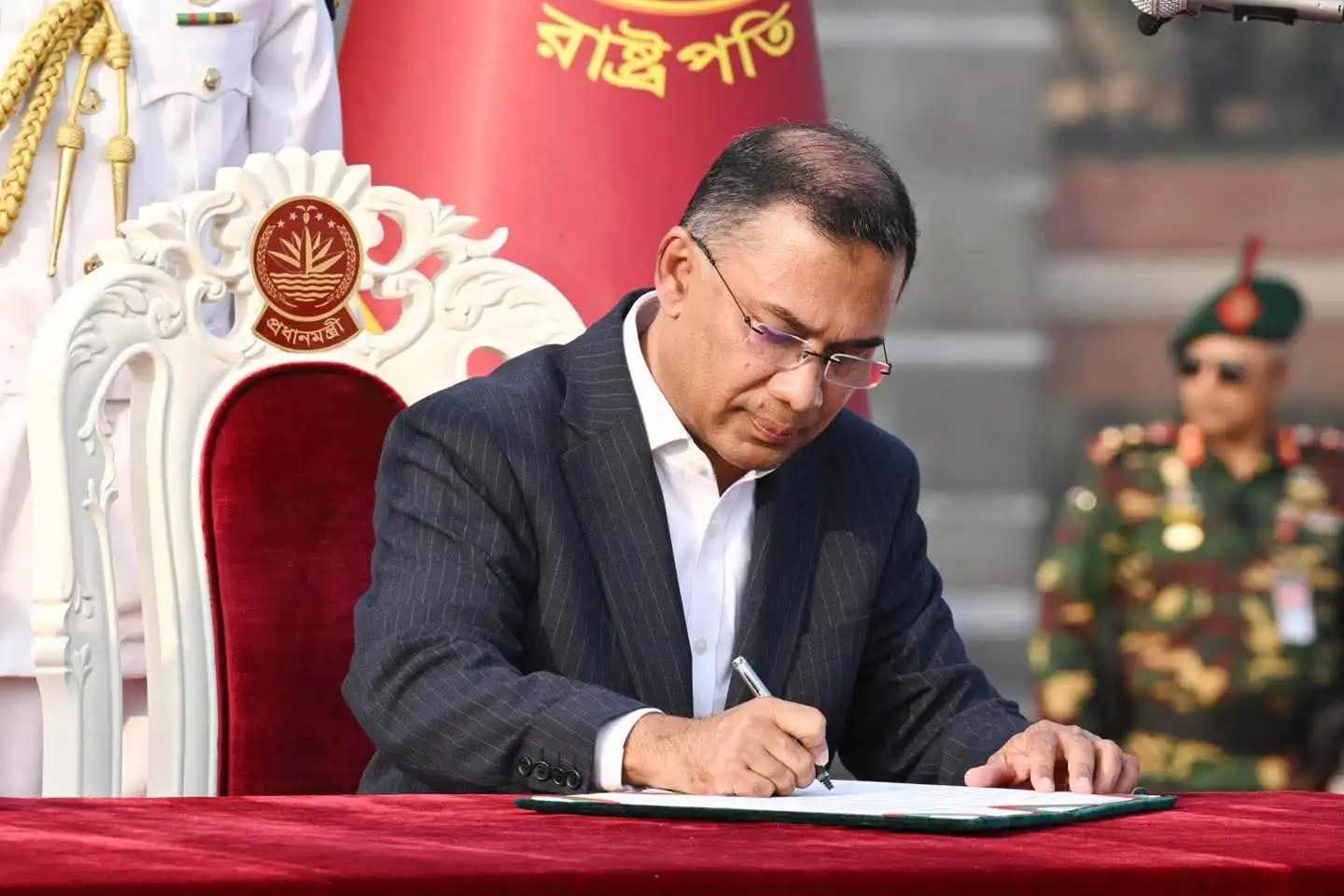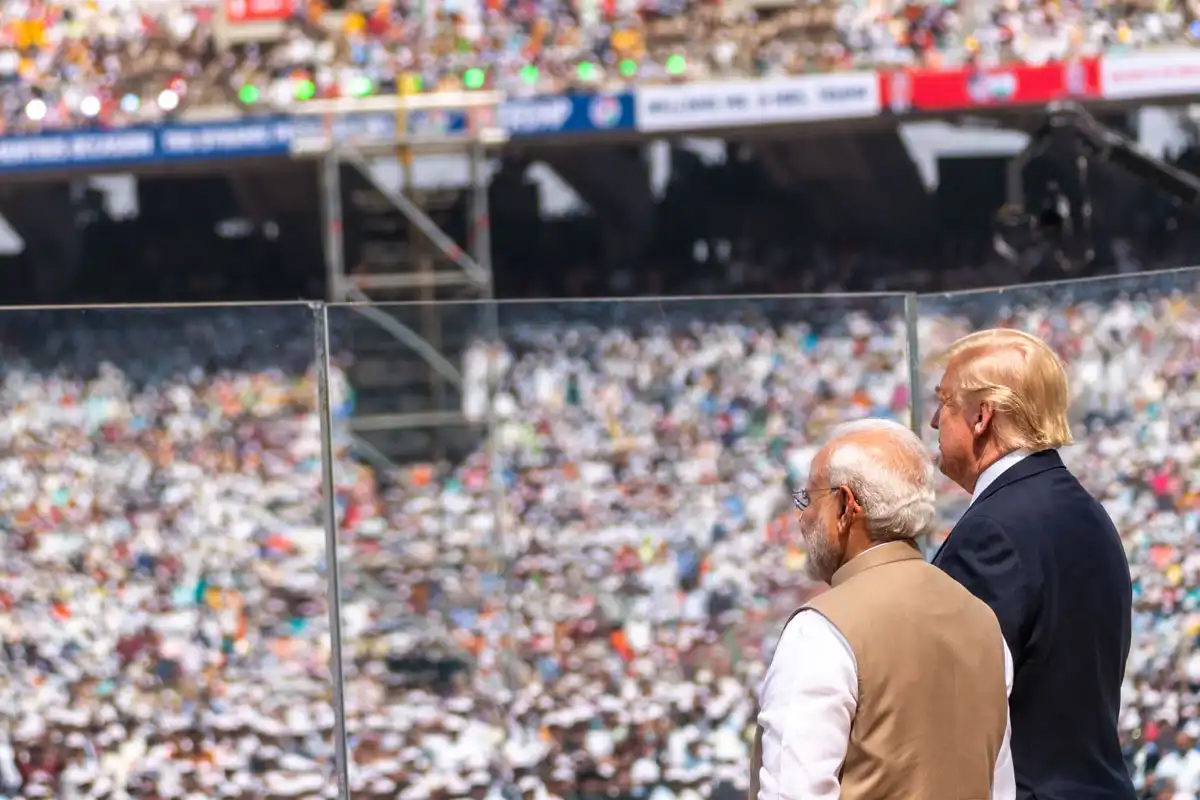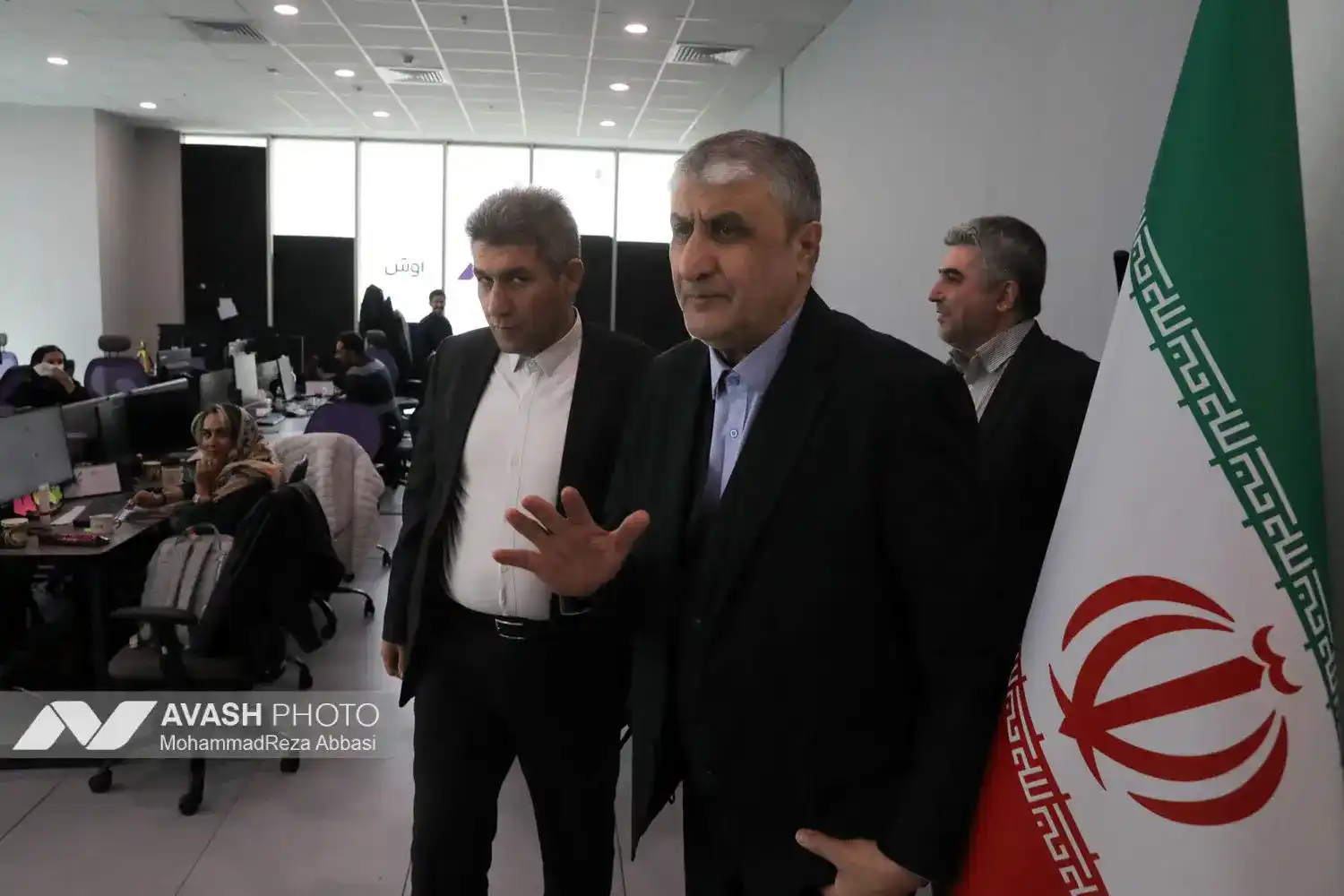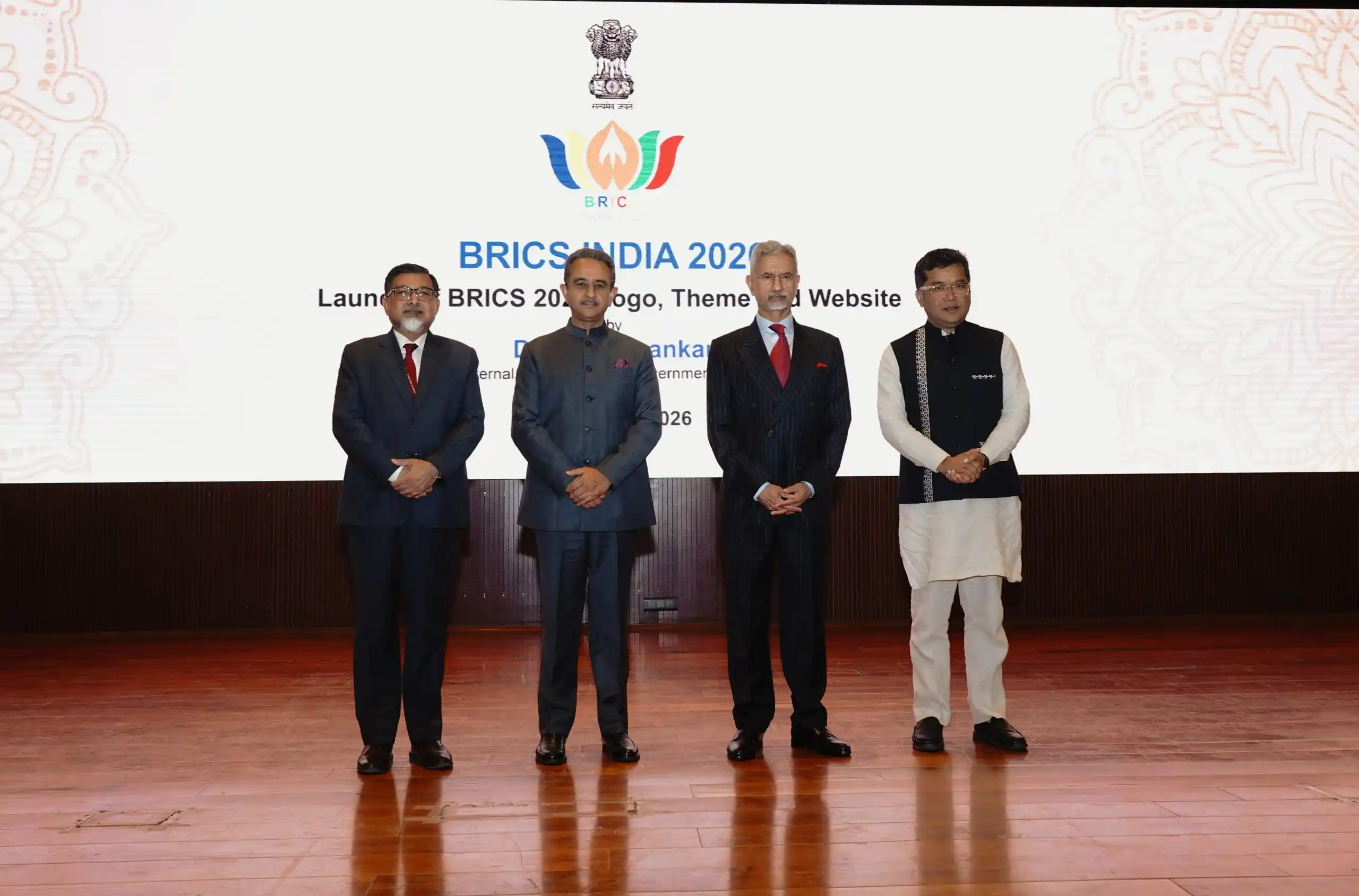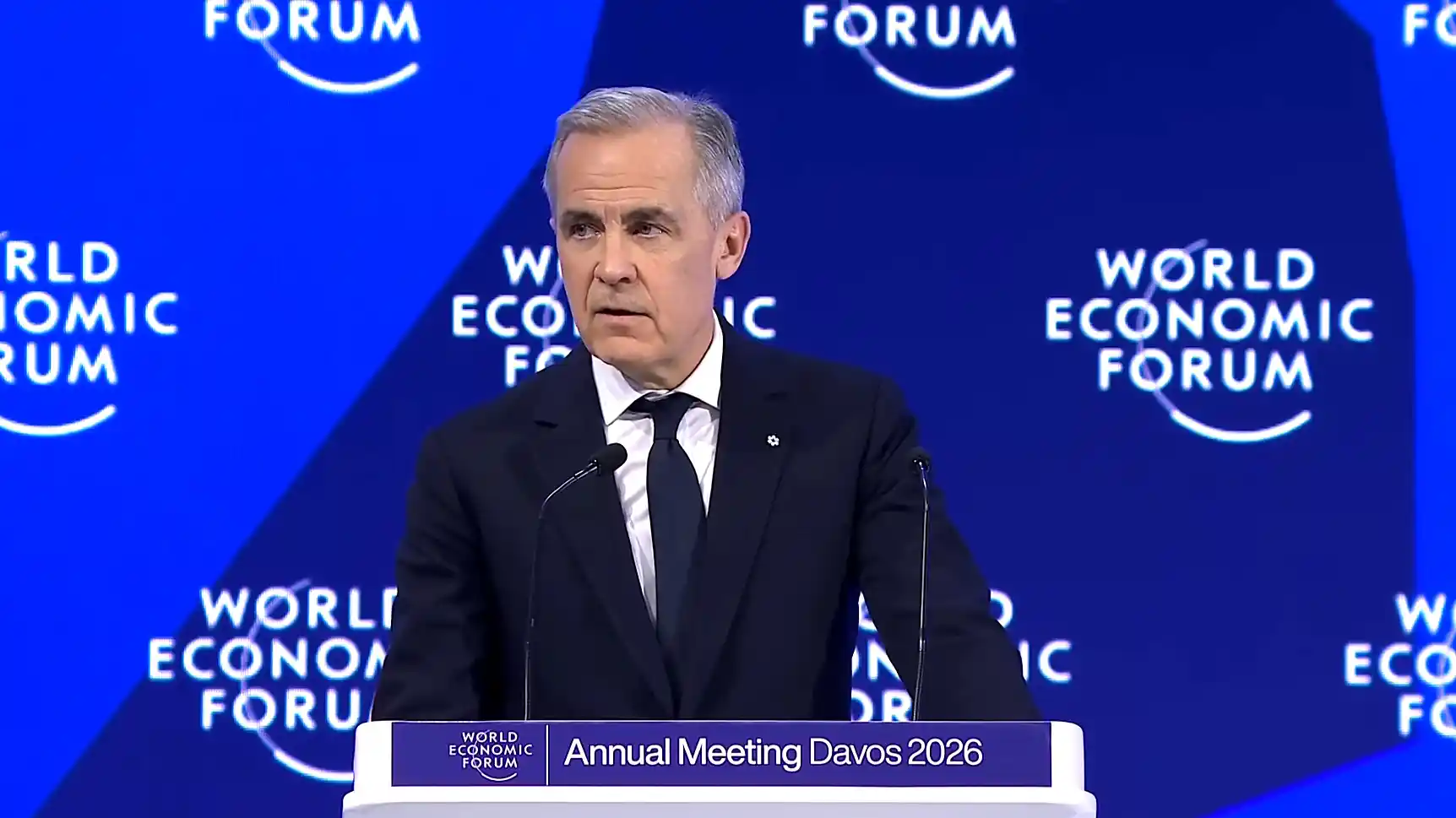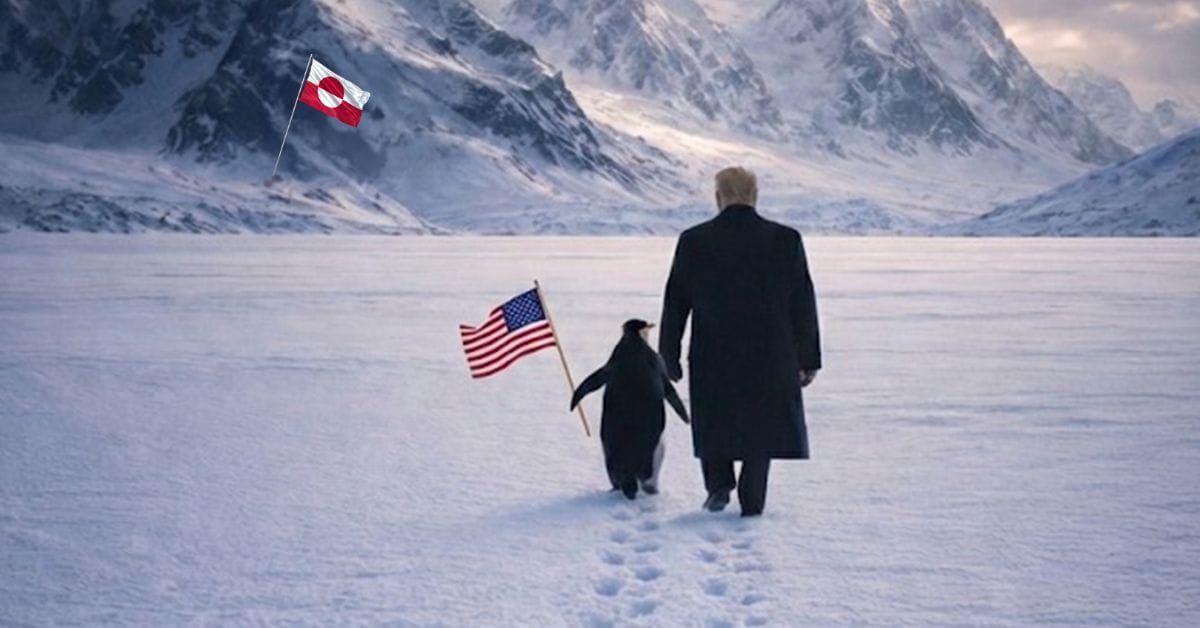The Indian military is recognised as the fourth most potent armed force globally and the recent success of Chandrayaan 3 has cemented India’s status as the fifth great space power. Whereas on the diplomatic front, India’s vaccine diplomacy during the covid-19 pandemic and the role of net security provider in the Indo-Pacific coupled with its leadership of the Global South has affirmed India’s position as a Vishwaguru (teacher to the world) within the international community. According to Morgan Stanley, India stands at the cusp of a transformational decade poised to become the third-largest economy by overtaking Germany by 2028.
Archives
The Draft Defence Acquisition Procedure 2026
The Draft Defence Acquisition Procedure 2026 (DAP 2026) is the latest proposed revision of India’s defence procurement architecture. Unveiled by the Ministry of Defence (MoD) on 10 February 2026, the draft aims to fundamentally transform how the Indian armed forces acquire critical systems, weapon platforms and defence technologies under the capital budget. Its objective is to replace the existing DAP 2020 with a more streamlined, self-reliant and strategically responsive acquisition framework that aligns procurement with India’s evolving security imperatives and domestic industrial growth.
Letters to the Editor – 13 February 2026
As Bangladesh votes today, its people face a great dilemma- whether to choose between the BNP or the Jamaat, with Prof Yunus’ administration giving way to an elected government. The legacy of Sheikh Hasina’s use of brutal force against the students’ agitation in 2024 and the killing and maiming of students, which led to her ouster, eventual banning and the court order for her execution, has made it impossible for the Awami League to survive. Among the killings, the killing of Abu Syed in the wee hours of 16th July 2024 stands out
India-U.S. Trade: A Strategic Reset in an Uneven Global Economy
In early February 2026, Prime Minister Narendra Modi and U.S. President Donald Trump unveiled an interim framework for a trade agreement, marking an important milestone that goes beyond a simple commercial arrangement: it highlighted a developing economic partnership influenced by both geopolitical factors and market needs. This agreement, which decreases effective tariffs on Indian products entering the American market and enhances reciprocal access, was formulated amid previous trade conflicts and tariff disputes between the two nations
Strategic Dynamics and Stakes in the Iran-U.S. Nuclear Talks
For twenty years, Iran’s nuclear program has been a key point of contention in U.S.–Iran relations. After the U.S. exited the 2015 Joint Comprehensive Plan of Action (JCPOA), Tehran gradually increased its enrichment levels beyond the established limits. Diplomatic attempts in 2025 led to indirect talks facilitated by Oman and Italy, but these efforts fell apart due to escalating tensions, particularly following a 12-day conflict involving U.S. and Israeli attacks on Iranian nuclear and military facilities in June 2025.
War without an End: Disability and the Politics of Survival
The Convention on the Rights of Persons with Disabilities described disabled people as rights-holders even during war, not as charity recipients. Article 11 of the Convention acknowledges that armed conflict and humanitarian emergencies exacerbate vulnerabilities, rather than just creating new ones. The framework considers disability as a pre-existing social reality, making neglect during war as a failure of state responsibility. Despite this, implementation during prolonged wars remains weak, exposing the gap between legal recognition and lived reality.
India’s Voice from the Global South in a Fragmenting World Order
In the grand mosaic of global affairs, where threads of power once tightly woven by a few dominant hands now fray under the strains of multipolarity, a new pattern is emerging. Great-power rivalries, prolonged conflicts, climate crises, and institutional inertia expose the limitations of the post-World War II order. Yet, amid this turbulence, the Global South is no longer a passive observer but an active artisan, reshaping the fabric toward greater equity and inclusion. The rise of multipolarity—marked by the expansion of platforms like BRICS, South-South cooperation, and calls for fairer representation in global governance—offers a profound opportunity
Letters to the Editor – 27 January 2026
There has been much hue and cry over the VB-G RAM G Bill, or Viksit Bharat Guarantee for Rozgar and Ajeevika Mission (Gramin) Act 2025 that replaced MGNREGA by increasing guaranteed workdays from 100 to 125 while introducing funding caps, state cost-sharing, and tech integration. It shifts from a fully demand-driven, Centre-funded model to a supply-driven, capped-budget scheme aligned with Viksit Bharat 2047 goals. This overhaul aims to boost rural infrastructure but raises concerns over fiscal burdens on states.
DAVOS 2026: Promises, Power, and the Politics Beneath
The World Economic Forum held its 2026 Annual Meeting with the theme “A Spirit of Dialogue,” once again transforming the alpine silence of Davos into motorcades, guarded passageways, and rushed diplomacy. This year, however, the atmosphere was everything from formal. Davos 2026 took place in a world that is becoming more and more defined by technological advancements, geopolitical division, and concerns about climate change.
Trump’s Greenland Obsession: More of National Security Vulnerability and Less Minerals
President Donald Trump said on January 9 that his administration will take action on Greenland “whether they like it or not,” and this time it seems serious as he pushes to acquire the Danish territory for the United States. After January 3, when Venezuelan leader Nicolas Maduro was ousted from Caracas, the American President is adamant about seizing control of the 836,330-square-mile island of Greenland, which is bigger than Alaska.
